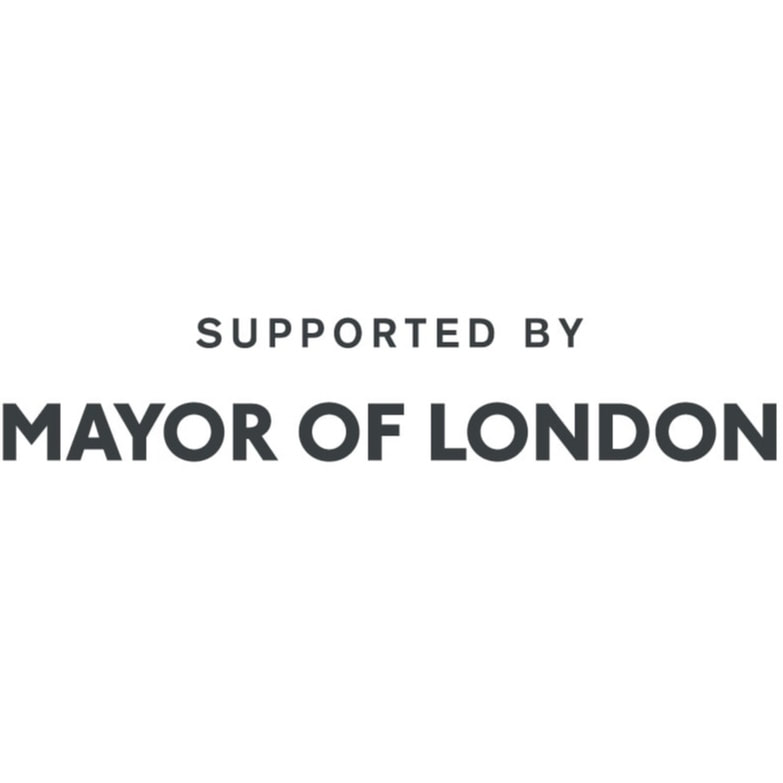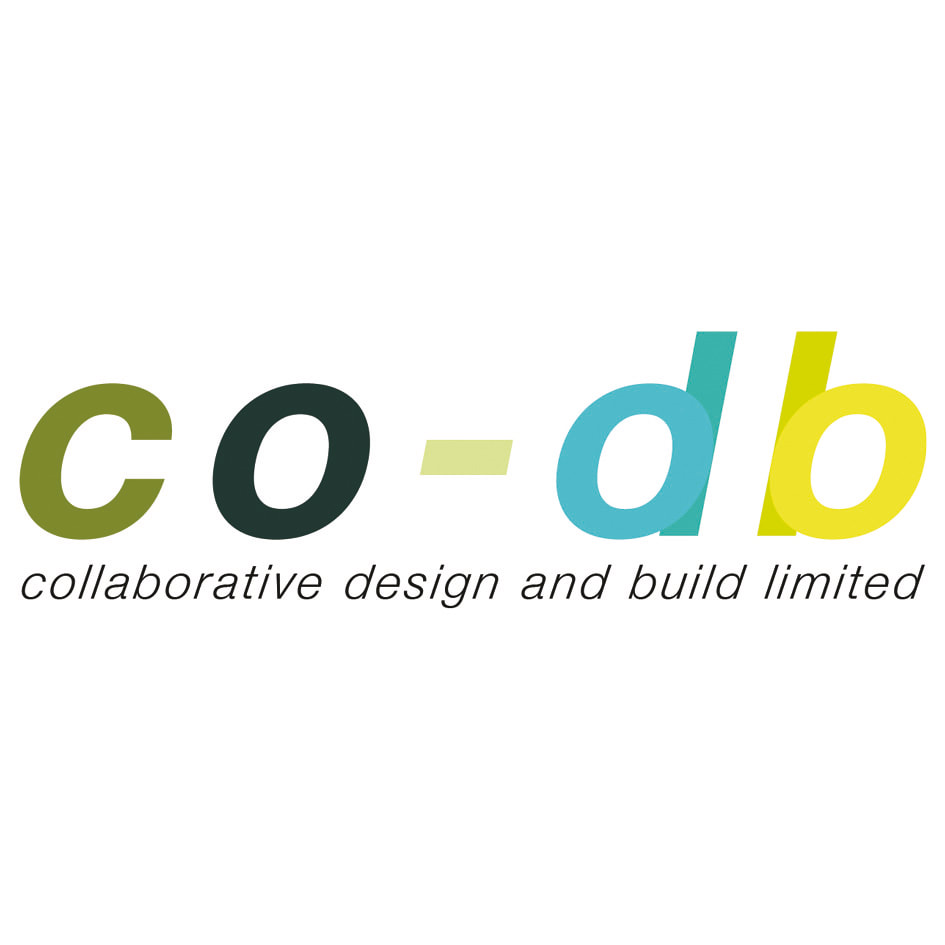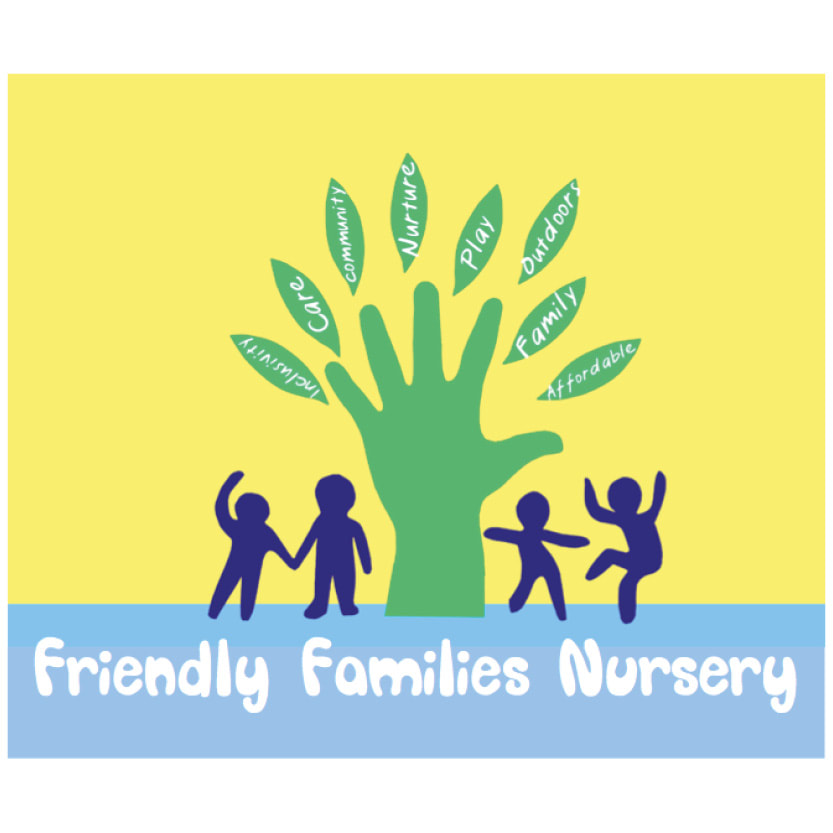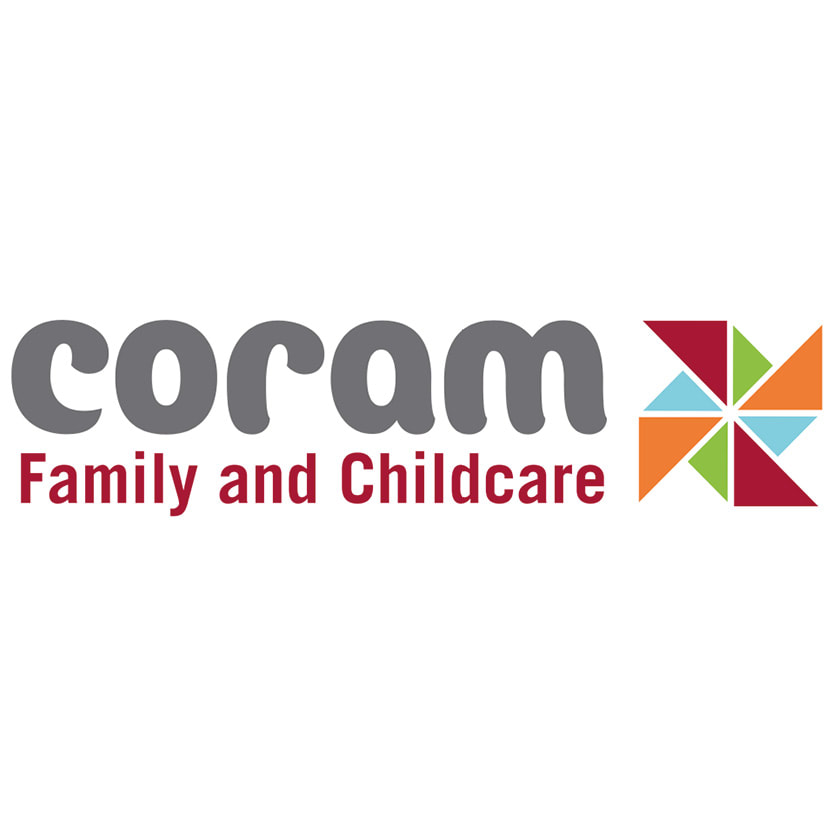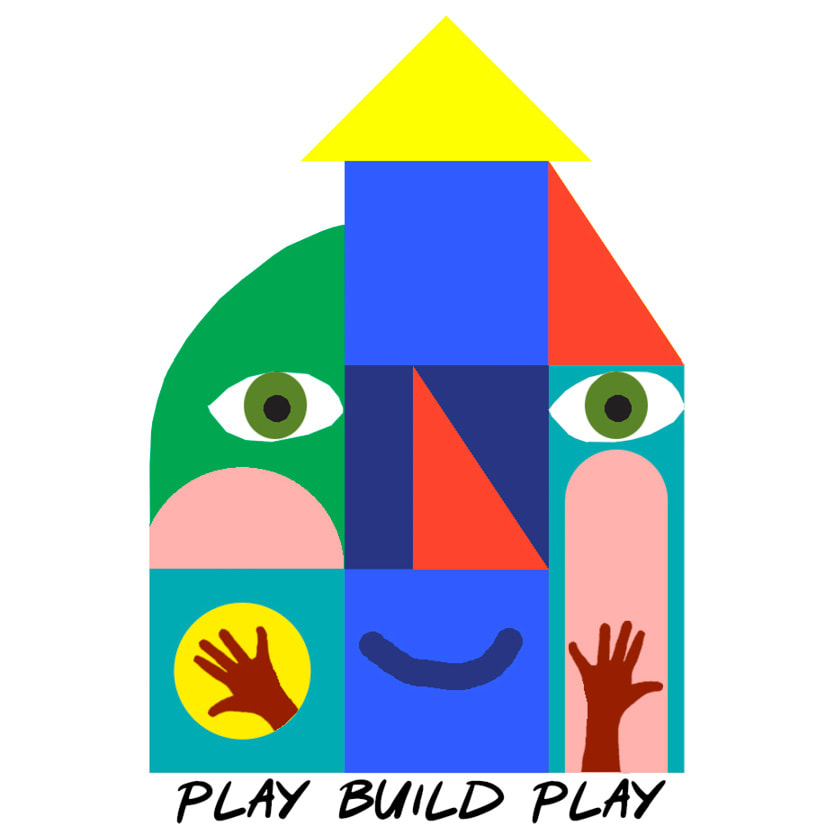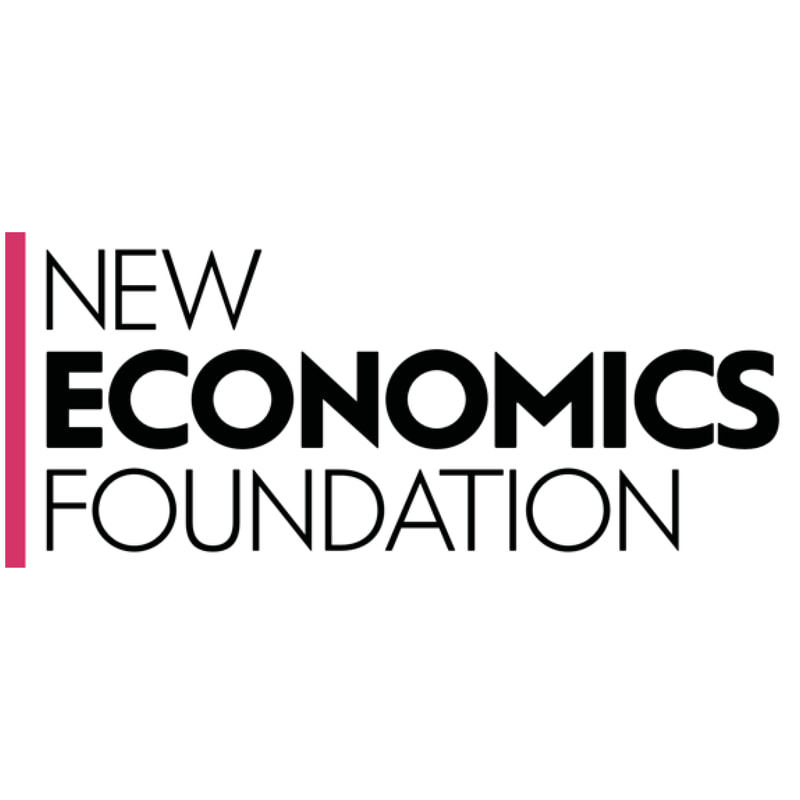Holding your initial conversations with local families
Even if you are from a local community it is essential to spend time getting to know the area, your neighbours and existing community groups. This will include walking around the local neighbourhood, door knocking, visiting local churches, schools and libraries, speaking to parents in parks and playgrounds, popping in to local stay and play sessions and looking at local facebook groups.
For Friendly Families Nursery we knocked on peoples doors in the area around the nursery, speaking to residents who were home and leaving flyers for those who weren’t. We heard a lot about the local area and many of the challenges facing parents with young and older children. Where people connected with us on the challenges around childcare for 0 – 5’s we arranged to have a follow up chat. We structured these as one to one conversations, either on the phone, visiting parents at home or meeting in the park or playground. The information below shows some of the ways that we framed our conversations with local parents and looked to engage them in our project. Your local context may be different so you will need to adapt your conversations.
Door knocking
Door Knocking can sometimes feel daunting a labour intensive but don't let that put you off. It is a great way to meet your local community and the personal nature of a face to face chat means you will get a much higher engagement rate than just doing leafleting or online promotions. Here are some pointers for door knocking your local community.
Open with who you are and what your project is:
"We are trying to reopen the nursery/ increase amount of childcare in (name your building/ area)"
"We want to work with local parents to develop affordable, high quality childcare at the nursery that is run by local people for local people are you interested in this?"
"We will be working with (name local partners)"
Conversation starters:
"What do you think about childcare?"
"What do you want for your family in terms of childcare?"
"Do you or anyone you know use childcare locally? How does it work for you right now? How could it be better?"
Be armed with some supporting context:
Prices for childcare in London in recent years have risen seven times faster than wages in recent years.
Costs of childcare are often second biggest household expenditure.
For many parents of young children, particularly mothers, it doesn’t pay to be in work.
Childcare staff are on very low wages, even though they are doing such a critical job.
Most childcare (85%) is delivered by businesses that need to make a profit rather than just cover their costs. Inevitably this impacts on the fees they charge and takes public money out of the system
Questions to ask:
"Can we arrange a time to meet to speak again – (suggest a child-friendly location)?"
"Would you like to come to one of our sessions at the (name your location) ?"
"Are there any other parents locally we should speak to and could you introduce us to them?"
"Are there any good places/ groups to go to where there are lots of parents that we could speak to?"
Wrap up:
Can I take your contact details? When is best time to contact you?
Don't forget to leave a flyer and your contact details.
One to ones
One to ones are: An intentional conversation with another person. Generally they are around 45 minutes long.
They are a chance to figure out whether you have any shared purpose/self-interest and whether you can take action together. It is a time to share your own motivations and stories about why you do what you do, and ask questions about the motivations of the other person. A one to one is an opportunity to build trust with someone and can form the basis of a lasting productive relationship. It's not a sales pitch though. Listen carefully to their responses.
The purpose of a one to one is to build power by agitating people to take collective action. The term ‘agitate’ has negative connotations, but for organising, agitation is essential. We don’t have a culture of standing up and taking action in the UK, and there are many barriers preventing us from doing so. Agitation is the art of challenging someone to stand up and act based on their values and motivations. We have found many parents are experiencing childcare pressures as an individual or household issue and aren't aware that so many other people are struggling. One to one conversations can be a useful step towards building a shared understanding of why childcare isn't working for so many that want to use and/ or work to deliver it.
One to ones are not:
· A rant
· An interview
· A counselling session
· A date!
Suggested structure for a one to one:
Purpose: At the start, using the language you deem most appropriate, briefly explain the purpose of this conversation. If you’re meeting someone for the first time, explain you’re there to learn more about them and why they do what they do/ would like to do, and explain why you do what you do/ would like to do.
Think about telling someone
- Who you are, who you work for (if relevant), what you are aiming to do, how you want to work. It can help if you can share a story of your personal experience and why this motivates you to take action.
- What you hope to achieve from the conversation
Exploration: Ask questions to understand their motivations and ideas, whilst sharing your own stories, ideas and motivations. If you already have a relationship, ask questions and share your own successes and challenges within your work so far.
Think about asking
- What do you think about childcare?
- What do you want for your family in terms of childcare?
- Do you use childcare locally? How does it work for you?
- When did you first start caring about childcare/ early years? How did that make you feel?
Exchange: Exchange information on resources, relationships and ideas for tackling the problems you’re talking about.
Think about asking
- Do you want to find a way to fix this problem? How do you want to do that?
- Who else do we need to engage?
- How can we reach other local parents?
Commitment: Try to find at least one thing they’re going to do/ you’re going to do together. This could be something quite small at first, within the sphere of their existing experience.
Think about asking
- What would you like to do now? For example, could you come to the next session and bring 3 other local parents?
What can we do together? For example, would you like to help organise/ run a session to bring local parents together?
For Friendly Families Nursery we knocked on peoples doors in the area around the nursery, speaking to residents who were home and leaving flyers for those who weren’t. We heard a lot about the local area and many of the challenges facing parents with young and older children. Where people connected with us on the challenges around childcare for 0 – 5’s we arranged to have a follow up chat. We structured these as one to one conversations, either on the phone, visiting parents at home or meeting in the park or playground. The information below shows some of the ways that we framed our conversations with local parents and looked to engage them in our project. Your local context may be different so you will need to adapt your conversations.
Door knocking
Door Knocking can sometimes feel daunting a labour intensive but don't let that put you off. It is a great way to meet your local community and the personal nature of a face to face chat means you will get a much higher engagement rate than just doing leafleting or online promotions. Here are some pointers for door knocking your local community.
Open with who you are and what your project is:
"We are trying to reopen the nursery/ increase amount of childcare in (name your building/ area)"
"We want to work with local parents to develop affordable, high quality childcare at the nursery that is run by local people for local people are you interested in this?"
"We will be working with (name local partners)"
Conversation starters:
"What do you think about childcare?"
"What do you want for your family in terms of childcare?"
"Do you or anyone you know use childcare locally? How does it work for you right now? How could it be better?"
Be armed with some supporting context:
Prices for childcare in London in recent years have risen seven times faster than wages in recent years.
Costs of childcare are often second biggest household expenditure.
For many parents of young children, particularly mothers, it doesn’t pay to be in work.
Childcare staff are on very low wages, even though they are doing such a critical job.
Most childcare (85%) is delivered by businesses that need to make a profit rather than just cover their costs. Inevitably this impacts on the fees they charge and takes public money out of the system
Questions to ask:
"Can we arrange a time to meet to speak again – (suggest a child-friendly location)?"
"Would you like to come to one of our sessions at the (name your location) ?"
"Are there any other parents locally we should speak to and could you introduce us to them?"
"Are there any good places/ groups to go to where there are lots of parents that we could speak to?"
Wrap up:
Can I take your contact details? When is best time to contact you?
Don't forget to leave a flyer and your contact details.
One to ones
One to ones are: An intentional conversation with another person. Generally they are around 45 minutes long.
They are a chance to figure out whether you have any shared purpose/self-interest and whether you can take action together. It is a time to share your own motivations and stories about why you do what you do, and ask questions about the motivations of the other person. A one to one is an opportunity to build trust with someone and can form the basis of a lasting productive relationship. It's not a sales pitch though. Listen carefully to their responses.
The purpose of a one to one is to build power by agitating people to take collective action. The term ‘agitate’ has negative connotations, but for organising, agitation is essential. We don’t have a culture of standing up and taking action in the UK, and there are many barriers preventing us from doing so. Agitation is the art of challenging someone to stand up and act based on their values and motivations. We have found many parents are experiencing childcare pressures as an individual or household issue and aren't aware that so many other people are struggling. One to one conversations can be a useful step towards building a shared understanding of why childcare isn't working for so many that want to use and/ or work to deliver it.
One to ones are not:
· A rant
· An interview
· A counselling session
· A date!
Suggested structure for a one to one:
Purpose: At the start, using the language you deem most appropriate, briefly explain the purpose of this conversation. If you’re meeting someone for the first time, explain you’re there to learn more about them and why they do what they do/ would like to do, and explain why you do what you do/ would like to do.
Think about telling someone
- Who you are, who you work for (if relevant), what you are aiming to do, how you want to work. It can help if you can share a story of your personal experience and why this motivates you to take action.
- What you hope to achieve from the conversation
Exploration: Ask questions to understand their motivations and ideas, whilst sharing your own stories, ideas and motivations. If you already have a relationship, ask questions and share your own successes and challenges within your work so far.
Think about asking
- What do you think about childcare?
- What do you want for your family in terms of childcare?
- Do you use childcare locally? How does it work for you?
- When did you first start caring about childcare/ early years? How did that make you feel?
Exchange: Exchange information on resources, relationships and ideas for tackling the problems you’re talking about.
Think about asking
- Do you want to find a way to fix this problem? How do you want to do that?
- Who else do we need to engage?
- How can we reach other local parents?
Commitment: Try to find at least one thing they’re going to do/ you’re going to do together. This could be something quite small at first, within the sphere of their existing experience.
Think about asking
- What would you like to do now? For example, could you come to the next session and bring 3 other local parents?
What can we do together? For example, would you like to help organise/ run a session to bring local parents together?

